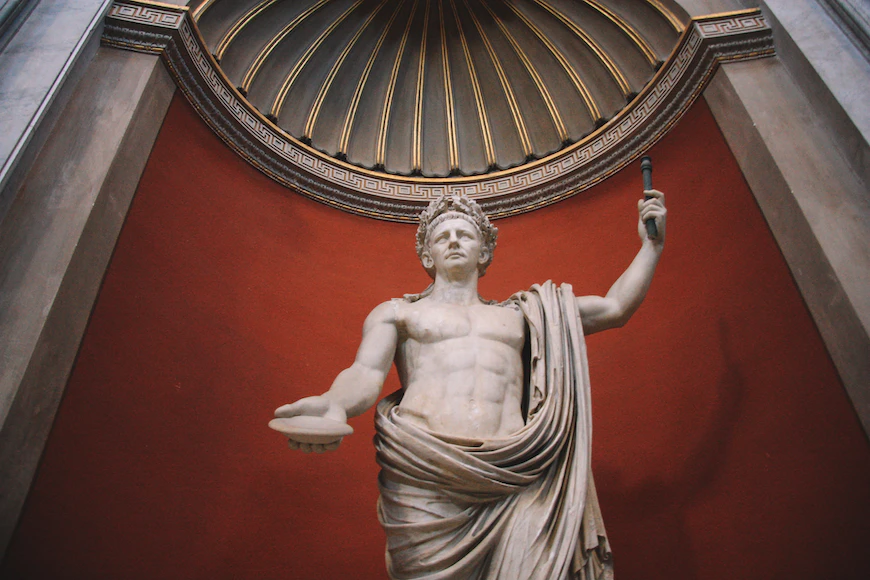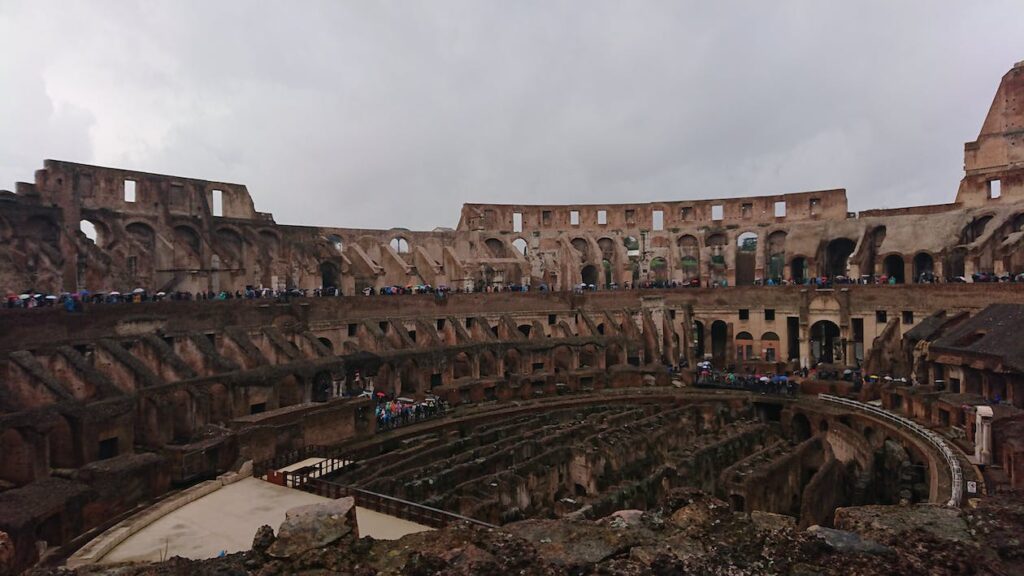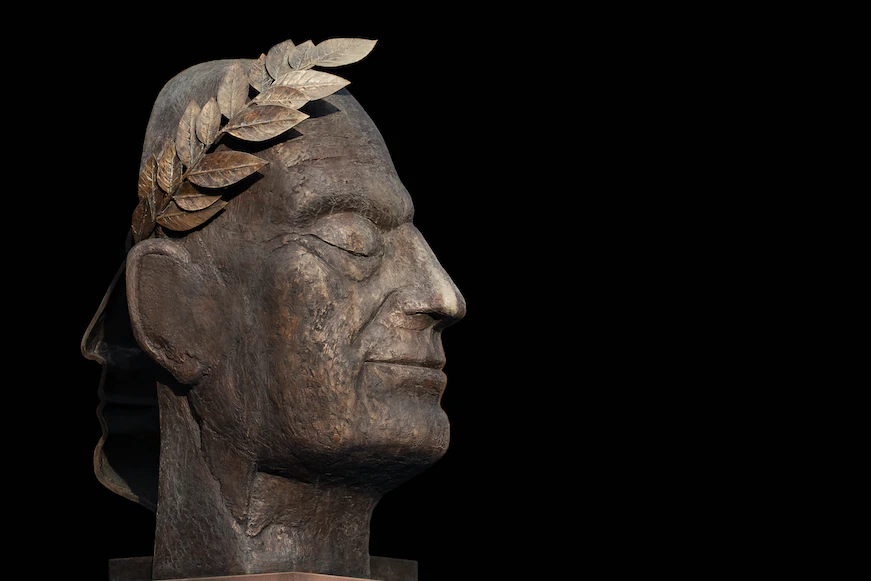"If you want rainbow, you have to deal with the rain." -Augustus Caesar

Circa 117 CE (Common Era), The Roman Empire was a powerhouse of political, social and cultural sophistication in the western world. The first emperor of Rome was Augustus Caesar, and the last was Romulus Augustulus. Their respective rules were fascinating in their political complexities. The Empire did not die with Augustulus, it went on to be known as the Byzantine Empire in the east, up until the famous fall of Constantinople. Why is any of this relevant to us today? Only because almost all facets of the Roman Empire and its influence can be seen almost everywhere in the western world today.
The Famous Caesars

“I found Rome a city of clay but left it a city of marble” – Augustus Caesar on his deathbed. Augustus, the first emperor of Rome, indeed brought glory to Rome by vanquishing its enemies and earning the title of ‘Emperor’. Indeed, the area of his conquest was so large it’s almost hard to imagine today, as the man went on to annex Egypt, Dalmatia, Pannonia, Noricum and Raetia, plus parts of Africa and Hispania. His famous reformations to included tax reformations that saw the wealth of Rome increase exponentially. We also owe the month of August to Augustus – that’s right, an entire month in the calendar year was named after him.
No less charismatic, Augustus’ uncle Julius Caesar ruled before him, but without the title of emperor. He held the title ‘Dictator’ and proudly too, as Caesar advocated for a brand of politics that would come to be known as Caesarism, rule that involves a popular leader who operates on a cult of personality, rules by force and is in favour of the military playing a large role in government. As one can imagine, the man and his ideas were rather controversial even for those days. Julius Caesar was betrayed and assassinated, stabbed 23 times in the Senate. The event has been imagined and represented by Shakespeare, and countless artists through the ages.
A steady stream of stable, steady leadership followed the Caesars. Tiberius, Caligula, Claudius, Nero, Galba, Otho, Vitellius, Vespasian – who initiated building the Coliseum of Rome – Titus, Domitian, Nerva, Trajan, Hadrian, Antoninus Pius, Marcus Aurelius. All the men contributed in some way or built on previous rulers’ strengths, through plenty of contention, jealousy, assassinations and dark plots.
The Fall

The main cause of the fall of the Roman Empire is still a topic of debate amongst historians, maybe because it symbolizes what we fear about our own civilization. There are a number of theories about why an empire that ruled over so many for 500 years finally fell, but most historians feel that it wasn’t a single event, but rather a series of factors that contributed to the steady decline. Possible causes include:
- Conflicts between the Emperor and the Senate and subsequent weakening of the emperor’s power
- Overspending – the Romans threw lavish parties and spent freely on annual “games”
- Slave labour – Large, wealthy farm owners used slaves to work on their farms, allowing them to farm cheaply, in contrast to smaller farmers. This may have led to high unemployment figures
- Political Corruption
- Economic Decline
- Military spending – The government focused more on military spending than building houses or other public works, which enraged the people. When people stopped volunteering for the army, it forced the government to employ hired mercenaries, who were expensive
- The Eastern Empire – The Roman Empire was divided into Eastern and Western empires that drifted apart, rendering the empire weaker.
- Civil War and Barbarian Invasion
The history of the Roman Empire and the people involved in its rise and fall are the topic of countless works of literature. Indeed, the lessons learnt from this empire of yesteryear still hold weight today.
The Legacy

So just why is it that the Roman empire is lauded to this day? One of the major reasons was that it covered the most substantial and expansive political and social structure in western civilization. Another is that these men were founders in their time – a title that many entrepreneurs today strive to live up to. The efficiency with which the Roman leadership ran the empire is admirable, considering the sizes of the populations that they were dealing with. The empire after all, extended from Britain to what is today northern Iraq and included Egypt and North Africa, the western part of Germany and all of the Mediterranean.
